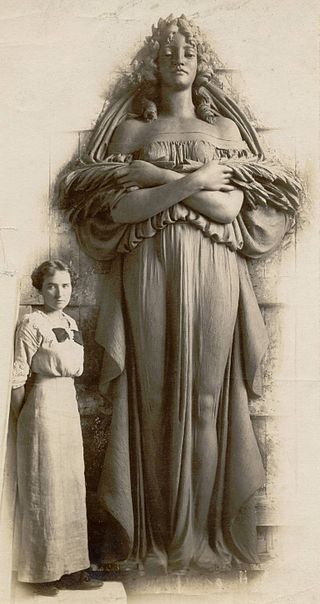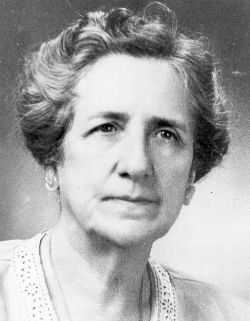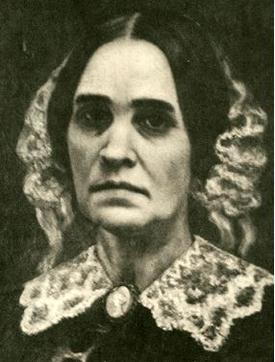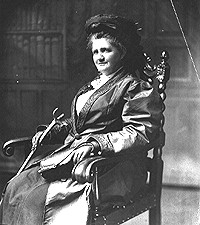
Elmore County is a county located in the east central portion of the U.S. state of Alabama. As of the 2020 census, the population was 87,977. Its county seat is Wetumpka. Its name is in honor of General John A. Elmore.

Wetumpka is a city in and the county seat of Elmore County, Alabama, United States. At the 2020 census, the population was 7,220. In the early 21st century, Elmore County became one of the fastest-growing counties in the state. The city is considered part of the Montgomery Metropolitan Area.

The University of Alabama is a public research university in Tuscaloosa, Alabama, United States. Established in 1820 and opened to students in 1831, the University of Alabama is the oldest and largest of the public universities in Alabama as well as the University of Alabama System. It is classified among "R1: Doctoral Universities – Very high research activity".
"Alabama" is the regional anthem of the U.S. state of Alabama; it was adopted as the official state song in 1931.

Lynda Cheryle Lyon Block was an American woman convicted of the murder of Sgt. Roger Lamar Motley Jr.

The University of West Alabama (UWA) is a public university in Livingston, Alabama, United States. Founded in 1835, the school began as a church-supported school for young women called Livingston Female Academy. The original Board of Trustees of Livingston Female Academy was selected in 1836 and four of the seven board members were Presbyterians.

The Alabama Department of Corrections (ADOC) is the agency responsible for incarceration of convicted felons in the state of Alabama in the United States. It is headquartered in the Alabama Criminal Justice Center in Montgomery.

The Julia Tutwiler Prison for Women is a prison for women of the Alabama Department of Corrections (ADOC), located in Wetumpka, Alabama. All female inmates entering ADOC are sent to the receiving unit in Tutwiler. Tutwiler houses Alabama's female death row, which qualifies it for the "maximum security" classification.

The Wetumpka State Penitentiary (WSP), originally known as the Alabama State Penitentiary, was the first state prison established in Alabama. Built on the east bank of the Coosa River in Wetumpka, it was nicknamed the "Walls of Alabama" or "Walls". For much of its operation, the prison housed both men and women, kept in separate sections of the prison.
Alvin Howard Neelley Jr. and Judith Ann Adams Neelley are an American married couple who committed the kidnappings and torture murders of Lisa Ann Millican and Janice Kay Chatman; they also attempted a third abduction. Judith was sentenced to death in 1983, but her sentence was commuted to life imprisonment in 1999. She served her sentence at the Julia Tutwiler Prison for Women in Wetumpka, Alabama. Alvin was serving a life sentence at the Bostick State Prison in Hardwick, Georgia at the time of his death in 2005.
The Alabama Women's Hall of Fame honors the achievements of women associated with the U.S. state of Alabama. Established in 1970, the first women were inducted the following year. The museum is located in Bean Hall, a former Carnegie Library, on the campus of Judson College in Marion, Alabama. It became a state agency in 1975 by an act of the Alabama Legislature. The organization is governed by an eleven-member board. They are elected to three-year terms with a minimum of one board member from the fields of art, business, community service, education, law, medicine, politics, religion, and science. In addition to the board, the President of Judson College and Governor of Alabama both serve as voting members.

Geneva Mercer was an American artist from Alabama. Best known as a sculptor, she was also an accomplished painter in her later years. Although most of her early work with Italian sculptor Giuseppe Moretti was done under his name, her best known individual works include Joyous Boy, Pied Piper, the Flimp Fountain, and several Julia Tutwiler sculptures located at the Alabama Department of Archives and History, University of Alabama, and University of Montevallo. She was posthumously inducted into the Alabama Women's Hall of Fame in 1989.

Lakewood is a historic antebellum mansion in Livingston, Alabama, United States. The two-and-a-half-story Greek Revival-style house was completed in 1840. The house was recorded by the Historic American Buildings Survey in 1936. It was added to Alabama's Places in Peril in 2012, a listing that highlights significantly endangered properties in the state.

Agnes Ellen Harris was an American educator. She worked in education in Georgia, Florida, Texas, Washington, D.C., and Alabama, establishing Home Economics programs throughout the area. She was instrumental in founding "Tomato Clubs" in Florida, which were the precursor to the 4-H Youth Programs. She was one of the earliest practitioners of the field of Domestic Science and taught nutrition and health to women for fifty years. She was a charter member of the American Home Economics Association and served as a national officer in the 1920s. She was inducted into the Alabama Women's Hall of Fame in 1972.

Julia Tarrant Barron (1805–1890) was a founder of Judson College in Marion, Alabama, and Howard College, renamed subsequently to Samford University now located in Homewood, Alabama. She also co-founded The Alabama Baptist newspaper with pastor Milo P. Jewett and donated the land for the construction of the Siloam Baptist Church. She was posthumously inducted into the Alabama Women's Hall of Fame.

Ruby Pickens Tartt was an American folklorist, writer, and painter who is known for her work helping to preserve Southern black culture by collecting the life histories, stories, lore, and songs of former slaves for the Works Progress Administration and the Library of Congress. In 1980 she was inducted into the Alabama Women's Hall of Fame.

Martha Strudwick Young was an American regionalist writer known for her recounting of Southern folk tales, fables, and songs of black life in the plantation era. She was admired by other writers for her skill with dialect. Young was inducted into the Alabama Women's Hall of Fame in 1986.
Henry Tutwiler was an American educator who founded a school for boys near Greensboro, Alabama.
Edwina Donnelly Mitchell (1894–1968) was the Superintendent (warden) of Julia Tutwiler Prison for Women located in Wetumpka, Alabama.















